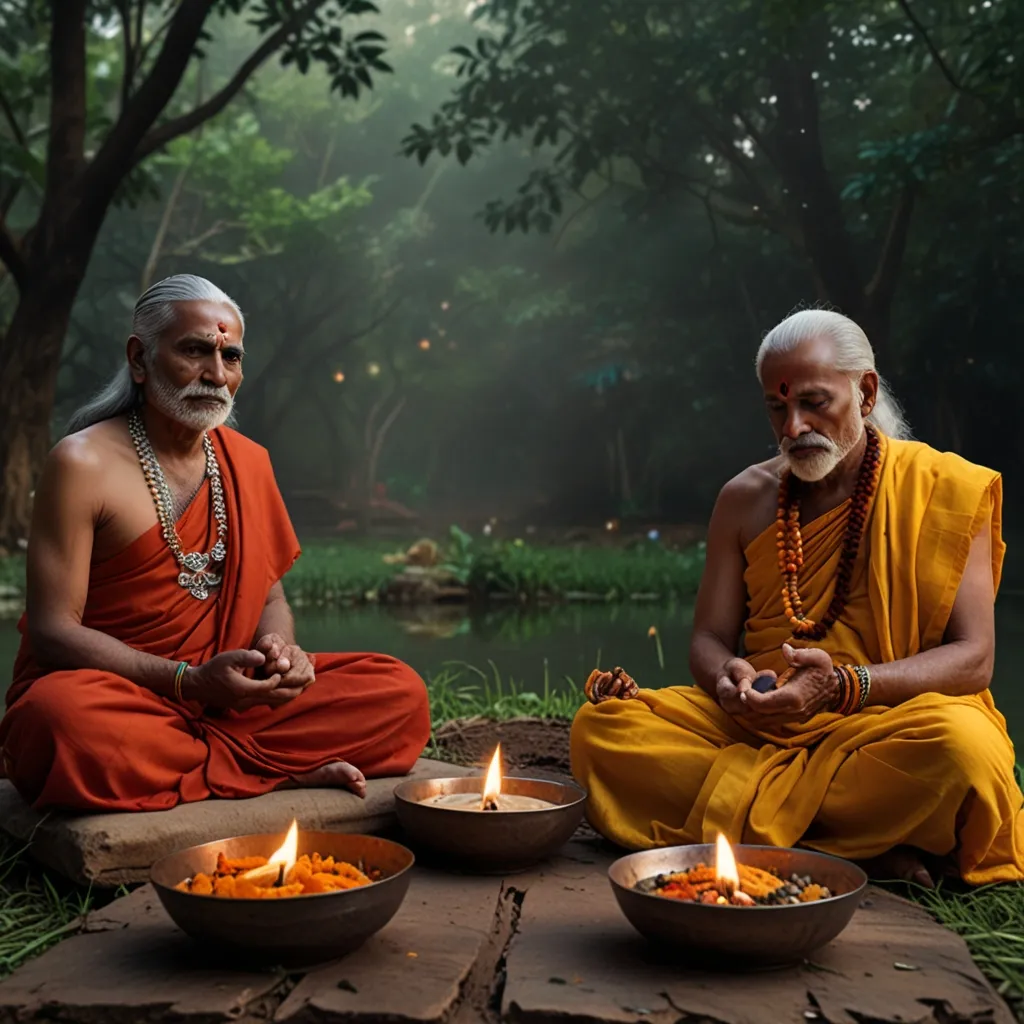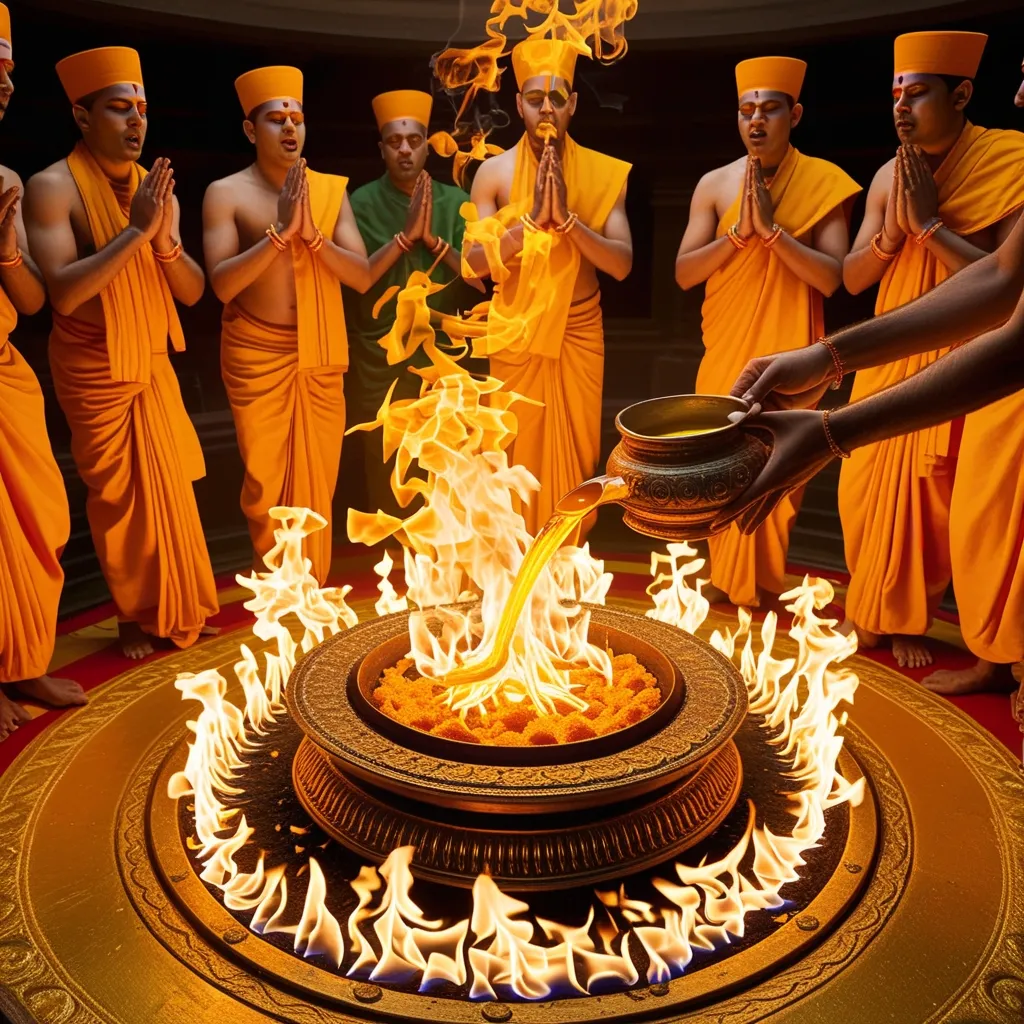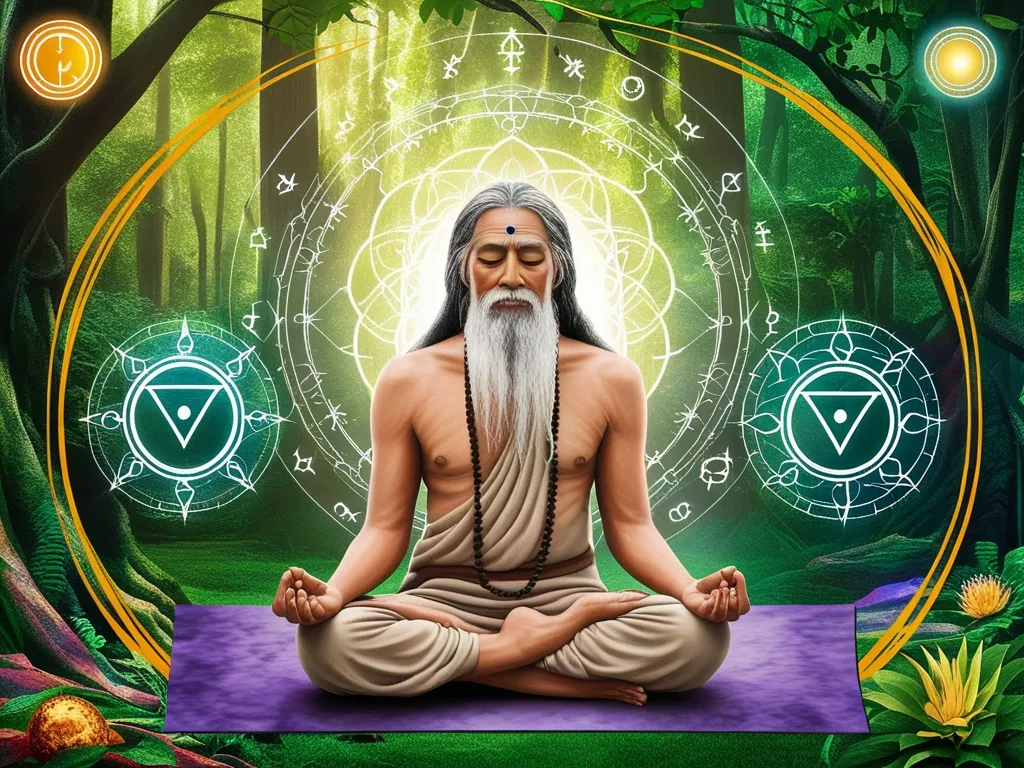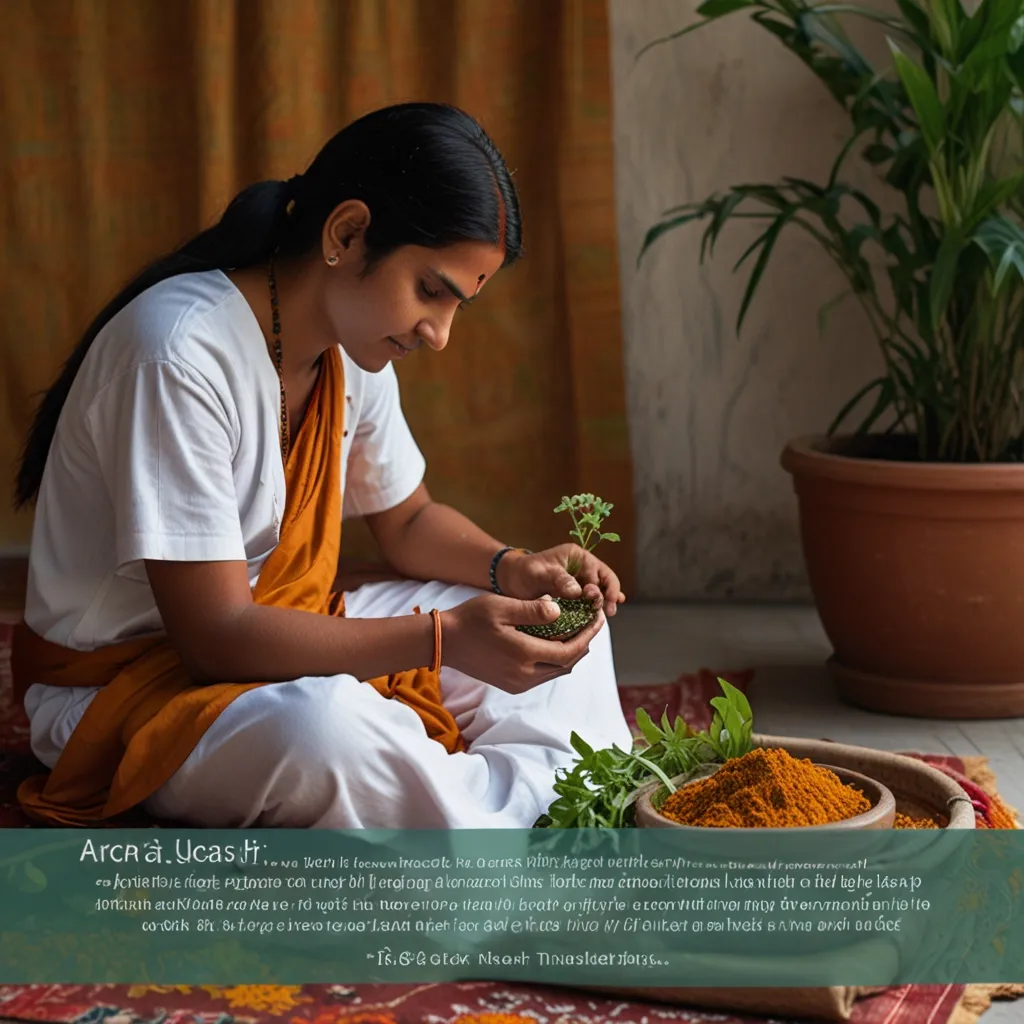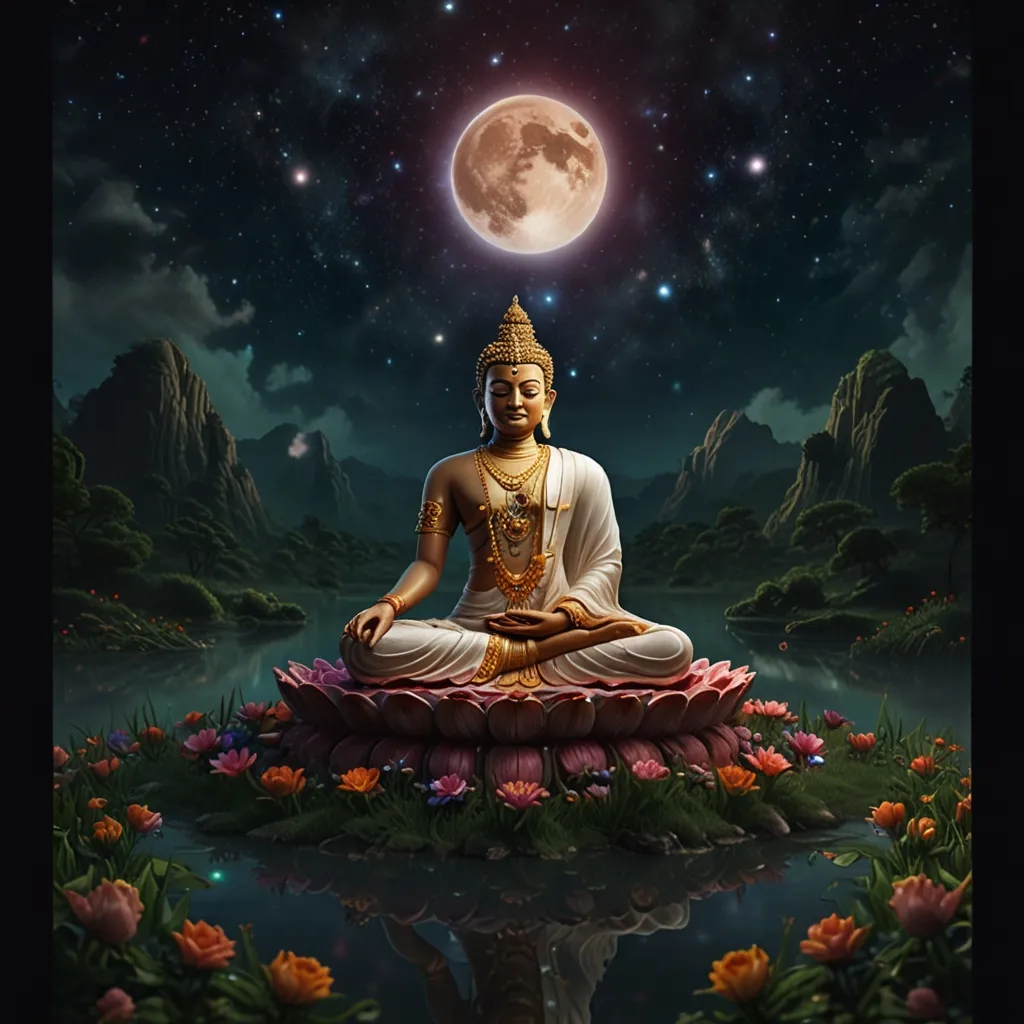As we delve into the ancient wisdom of the Vedas, we find ourselves confronted with profound insights that challenge our everyday perceptions of reality. These teachings, though rooted in a distant past, offer a freshness and depth that continue to resonate with seekers of truth today.
The Illusion of Maya
One of the most intriguing concepts in Vedic philosophy is Maya, the idea that our perceived reality is but an illusion. This is not just a metaphor; it is a fundamental aspect of understanding the nature of existence. Maya is the veil that obscures the true reality, making us believe in a world that is fleeting and ephemeral.
“Maya is the power of the Supreme to make the impossible possible,” a concept that highlights the complex interplay between what we see and what truly is. Recognizing Maya is the first step towards spiritual awakening, as it forces us to question the very fabric of our reality.
The Unity of Advaita
Advaita, or non-dualism, is another cornerstone of Vedic thought. This philosophy posits that ultimate reality is singular and undivided, with no separation between the individual self (Atman) and the universal consciousness (Brahman). This understanding dissolves the illusion of separateness, revealing that we are not isolated entities but integral parts of a unified whole.
“The universe is not outside of you. Look inside yourself; everything that you want, you are already that.” This quote encapsulates the essence of Advaita, urging us to look inward to find the truth that lies beyond the boundaries of our individual selves.
Multiple Dimensions of Existence
The Vedas also introduce the concept of multiple dimensions of existence, suggesting that our physical realm is just one of many subtle planes of reality. This idea expands our understanding of the universe, revealing a complex, multifaceted cosmos that extends far beyond our ordinary perception.
Imagine a world where the physical, the subtle, and the spiritual coexist in a harmonious dance. This is the world described by the Vedas, a world that invites us to explore and understand the various layers of existence.
The Cosmic Game of Lila
Lila, or divine play, is a perspective that frames existence as a joyful expression of consciousness rather than a struggle or test. According to this teaching, the universe is a cosmic game, where every action, every thought, and every emotion is part of a grand play orchestrated by the divine.
“The world is a stage, and all the men and women merely players.” This quote from Shakespeare resonates with the concept of Lila, reminding us that life is a performance, and we are all actors in this grand drama.
But what does it mean to see the world as a game? It means embracing life with a sense of wonder and joy, recognizing that every moment is an opportunity to play our part in the cosmic dance.
The Cyclical Nature of Time
Finally, the Vedas teach us about the cyclical nature of time and existence. This view challenges our linear perceptions of time and history, presenting a more dynamic and recurring model of reality. According to this teaching, time is not a straight line but a circle, where events repeat themselves in an eternal cycle.
“History repeats itself,” a saying that echoes the Vedic concept of cyclical time. But what does this mean for us? It means that our actions, our choices, and our decisions are part of a larger cycle, influencing not just our present but also our future.
Contemplating Existence
As we reflect on these Vedic teachings, we are invited to contemplate the nature of existence in a deeper, more profound way. We are asked to question our assumptions about reality, to look beyond the veil of Maya, and to see the world as a unified, multifaceted, and ever-changing cosmos.
So, what does it mean to live in a world where reality is an illusion, where we are part of a unified whole, where existence is a cosmic game, and where time is cyclical? It means living with a sense of wonder, a sense of awe, and a deep appreciation for the complexity and beauty of existence.
As we embark on this journey of discovery, we are reminded of the words of the great sage, “The truth is not something that you find; it is something that finds you.” And so, we wait, we observe, and we contemplate, allowing the truth to reveal itself in all its glory.
In this journey, we are not alone. The Vedas offer us guidance, wisdom, and insights that have been passed down through generations. They invite us to see the world in a new light, to understand our place in the cosmos, and to live in harmony with the universe.
So, let us embark on this journey together, with an open heart and an open mind, ready to explore the depths of existence and to discover the truth that lies within. For in the end, it is not what we know that matters, but how we live with what we know.

